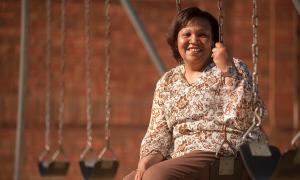My mother’s birth certificate, dated 1915 and issued in Brooklyn, New York, gives her name as Maria. I knew her only as Mary, the name that appears on her marriage certificate, her social security card and her gravestone. Her sister Philomena was so determined to get away from her name that she had it changed legally to Phyliss. Their brother Philipo chopped his down to Philip. Their other siblings? Anna became Anne, Elisa morphed into Alice and Cosimo was known to his friends as Pete.


